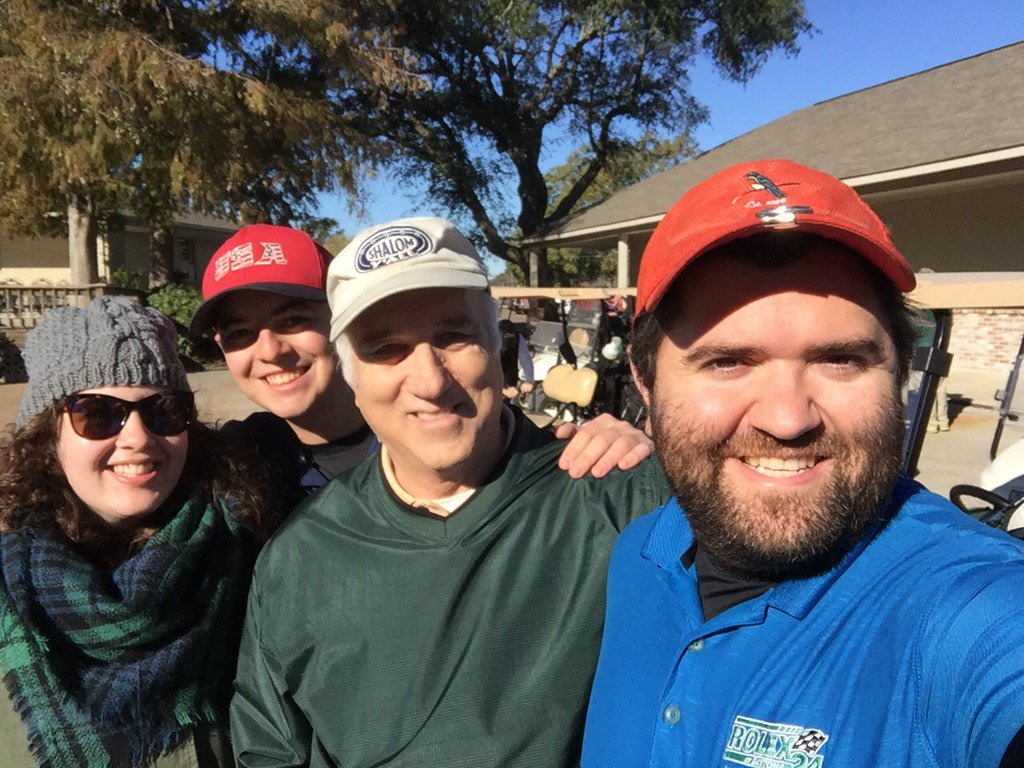Return to Education Newsletter main page! |
Don't Hide Your Eyes - SUPERVISE!By Rachel Stern, ISJL Director of Education
Supervision is the way that we check in on our teachers and identify ways for them to grow. There’s basically no con to supervising your staff. When supervision is done effectively, it involves both parties and has a shared goal driving it. While there are no cons, however, there are some downsides if we do it ineffectively; it can feel invasive and result in both teachers and supervisors being more divided than before the supervisory experience. Here are some tips to get it right. Dos:
Don'ts:
|
- Home
- WHO WE ARE
-
WHAT WE DO
- PODCAST
- Conference >
- Education >
-
CULTURE
>
- Culture Overview
- Cultural Programming >
-
History
>
-
Encyclopedia of Southern Jewish Communities
>
- Alabama Encyclopedia
- Arkansas Encyclopedia
- Georgia Encyclopedia
- Florida Encyclopedia
- Kentucky Encyclopedia
- Louisiana Encyclopedia
- Mississippi Encyclopedia
- North Carolina Encyclopedia
- Oklahoma Encyclopedia
- South Carolina Encyclopedia
- Tennessee Encyclopedia
- Texas Encyclopedia
- Virginia Encyclopedia
- Encyclopedia Credits
- Oral History
-
Encyclopedia of Southern Jewish Communities
>
- SPIRITUALITY >
- DONATE
- Shalom Y'all
- Strategic Plan
- Southern & Jewish Blog
- Calendar
- Virtual Press Kit
|
©2024 Goldring/Woldenberg Institute of Southern Jewish Life
|

